It’s that time of year once again when the studios and streamers put out their “For Your Consideration“ signs and hawk their wares to the various awards committees. As much as the Oscars and Golden Globes have tried to include more “populist” entries in recent years, they still love prestige movies and nothing says “prestige film” like chapter headings (in tasteful roman numerals), revaluations of the American mythos, and English actors, in this case Benedict Cumberbach, playing against type. Throw in the always reliable Jesse Plemons, the criminally under-appreciated Kirsten Dunst, and Jane Campion’s The Power of the Dog would seem to be a perfect recipe for success. So why didn’t The Power of the Dog wow us?
Based upon Thomas Savage’s 1967 novel of the same name, Campion’s film takes place in 1925 in Montana, just as cars are starting to outnumber horses. Brothers, ranchers, and uneasy bedfellows Phil (Cumberbatch) and George (Plemons) Burbank manage a big cattle ranch for their family, but each in their own way.
Phil, the rugged outdoorsman, is the textbook definition of a cowboy. Enduring hardships in the field with no complaints, washing only when necessary, and regaling his cowboys with tales of the legendary “Bronco Henry” – the man who taught him all there is to know about ranching. Meanwhile the quieter, more genteel George sticks to his own business, while silently suffering Phil’s repeated jibes of “fatso.”
What Phil considers as the rightful way of things is upset when George gently falls in love with Rose (Dunst), a widow from a nearby town. With her quiet, slight son Peter (Kodi Smit-McPhee), Rose runs the local guesthouse/restaurant but all Phil sees is a money grubbing opportunist.
How Nice It Is Not to Be Alone
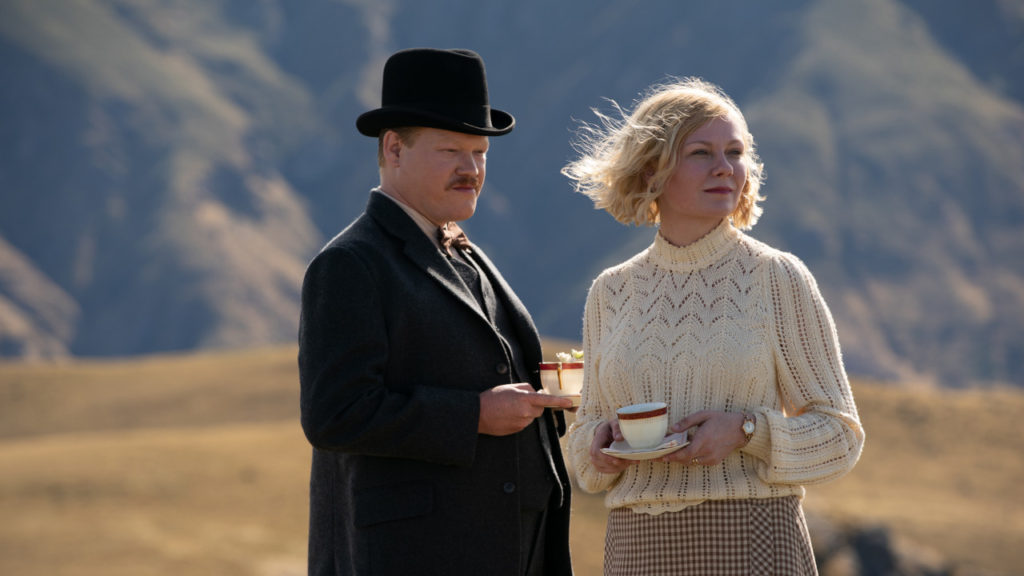
As George slowly begins to establish the kind of life he wants, with Rose and away from Phil, Phil sees to it that Rose has no moments of peace in what he sees as his house, to the point that Peter eventually decides to do something about it. But how far will Peter go?
Perhaps my problems with The Power of the Dog stem from watching it on Netflix. With long passages of time that are almost as empty as the hills of New Zealand that double for Montana, the film can feel much longer than its two hour six minute runtime. It’s a concern that might have been eliminated had I been sitting in the cinema the whole time.
In between those long stretches, however, there is plenty happening on screen and much of it is magnificent.
There’s a shot of Plemons and Dunst beside a car on a hillside that is one of the most staggering images of the year. Plemons and Dunst are absolutely amazing in the scene that directly precedes it, as George experiences his first moment of kindness from another human being in quite some time.
The build up to a dinner party where Plemons urges a reluctant Dunst to play the “piano” for some high falutin’ house guests is a master class in awkwardness.
For the most part, however, the film revolves around Phil and, as the description puts it, his “war of intimidation” against Rose and Peter.
As to be expected Cumberbatch is fantastic.
Somebody Heal Phil
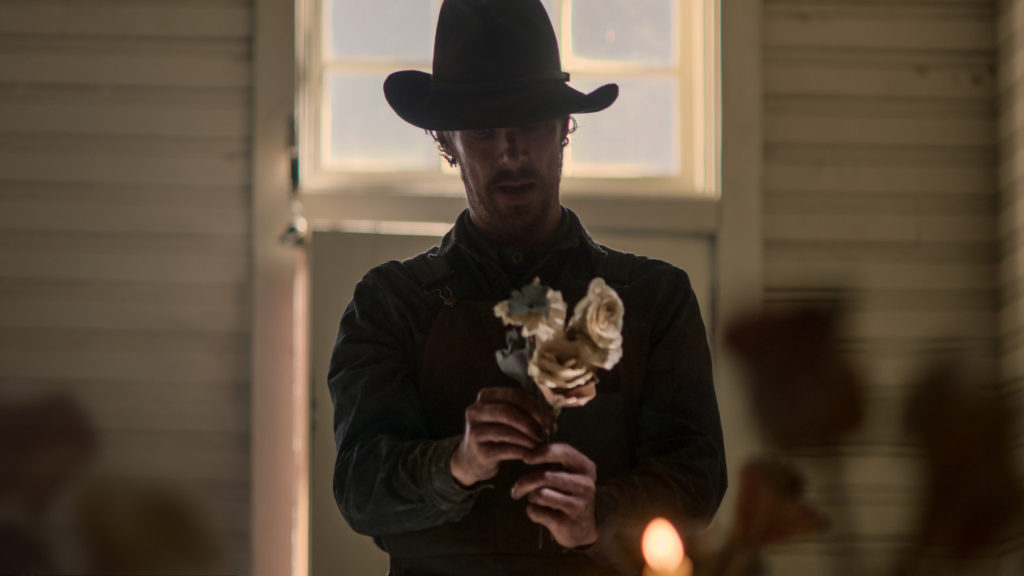
At first glance he may seem like the Daniel Plainview of cattle but there seems to be a glimmer of decency about him. Until, that is, it gives way to bouts of terrifying rage or pettiness. The majority of his aggression towards Rose takes the form not from scenery chewing arguments, but from banjo playing in a threatening manner and passive aggressive childishness.
And yet you can see the yearning in Phil. For fraternal love from his brother, who he can’t help but repel every time he adds a “fatso” to a sentence, and perhaps for something more from Peter. As the third act approaches, Phil and Peter dance around each other, seemingly melting the ice between them but both harboring their own secret agendas. It’s a welcome addition of some propulsion to what had become a meandering tale but it’s too little, too late.
At least the film looks amazing. As well as that beauty shot mentioned above, Campion and cinematographer Ari Wegner’s make New Zealand look more like a desolate planet from one of Ridley Scott’s recent Alien films, than anything resembling The Lord of the Rings.
Repeated shots beautifully frame Cumberbatch in windows and doors, as he strides across the ranch. Akin to the famous ending shot from The Searchers. Here too is a man who cannot fit in with the world that is developing around him.
This Most Wholesome Sauce Is Excellent With Meats, Fish and Cheese
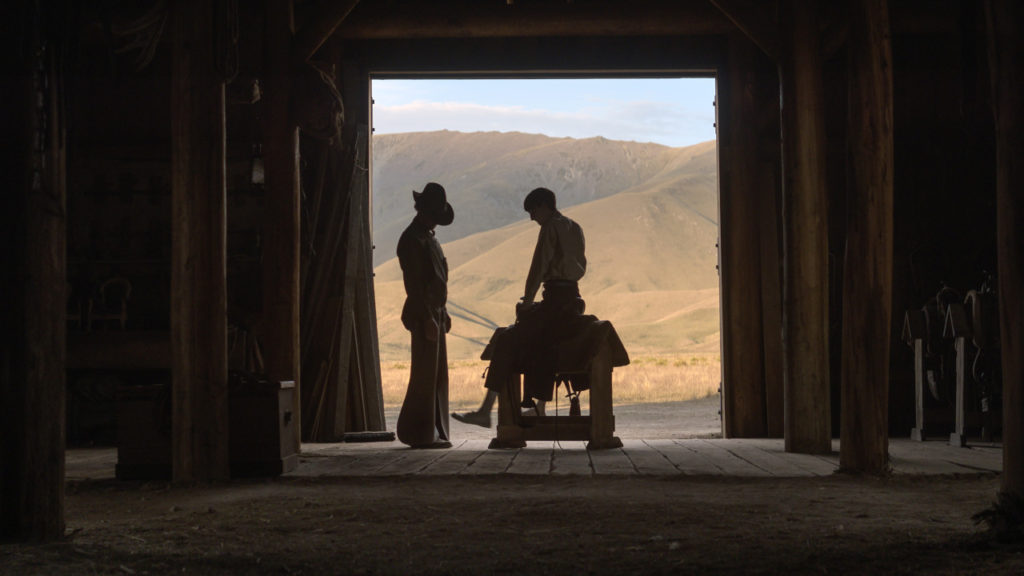
Those beautiful visuals are complemented by a score from Radiohead’s Jonny Greenwood, that heavily features tense, plucked strings, emphasizing the isolation of the various players despite their close proximity to each other. The sparse anxiety inducing arrangements remain, even as more orchestration is added, as the films approaches its end.
Despite the score, the visuals, and the moments of amazing acting, the The Power of the Dog just didn’t hang together for me. The reason behind Phil’s behavior, when revealed, also feels oddly out of step, even if the book was written in 1967. That the film ends on a dramatic whimper, rather than the bang you might expect from such high powered actors, ends up feels like a disappointment.
A shorter film may have diluted what Campion was aiming for, but might have resulted in a more compelling one.


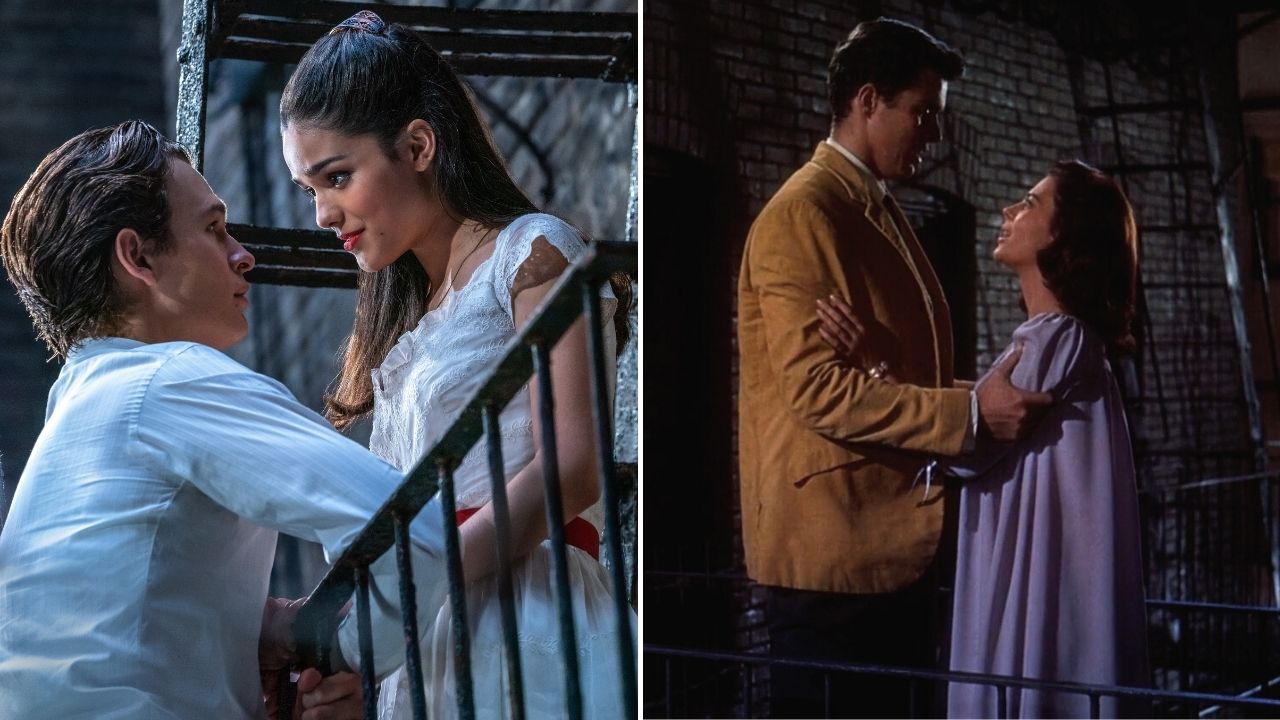

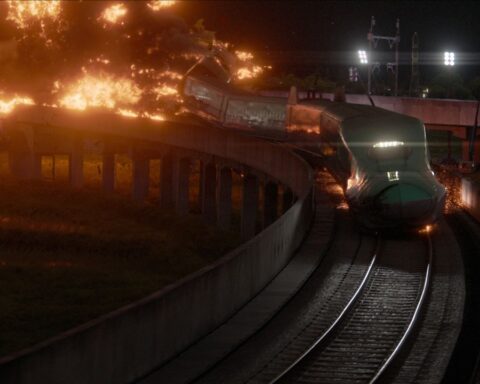
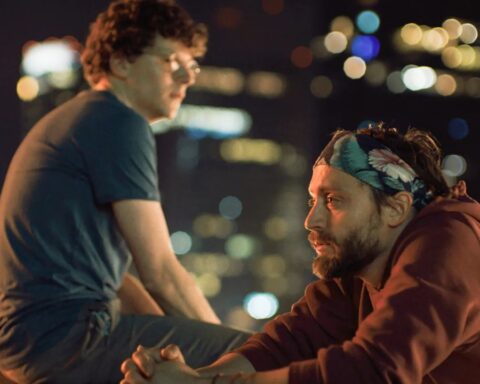
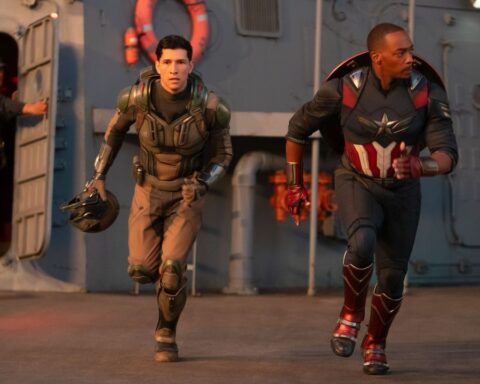


Follow Us